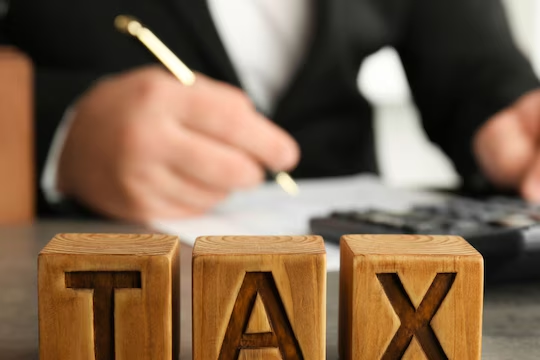Chandigarh, January 28, 2025 (Punjabi Khabarnama Bureau): Some people make mistakes while trying to save taxes, which later result in consequences. In such situations, it is important to carry out transactions under income tax laws. By doing so, you will never face trouble. In fact, the Income Tax Department keeps a close watch on large transactions. As soon as you make any cash transaction, you will immediately come under the radar of the Income Tax Department.
After this, the chances of avoiding scrutiny become very slim. In such a situation, we are sharing information about some transactions that should never be done within a year. If a transaction is necessary, make sure to inform the Income Tax Department about it. In fact, if banks, mutual funds, brokerage houses, and property registrars conduct cash transactions exceeding the specified limit, they must inform the Income Tax Department. Let’s look at 6 such transactions that could get you into trouble, and as a result, the Income Tax Department may issue a notice.
You may receive a notice for an FD of more than ₹10 lakh
If you deposit more than ₹10 lakh in a Fixed Deposit (FD) in a year, you could receive a notice from the Income Tax Department. Whether the amount is deposited in one lump sum or in installments, and whether it is a cash transaction or digital, the Income Tax Department may ask you about the source of this money and send you a notice. In such a case, most of the money should be deposited via cheque. If an amount of ₹10 lakh or more is deposited in cash in a financial year, banks are required to notify the CBDT about it.
Depositing cash in a bank account
The CBDT has set a rule that if you deposit ₹10 lakh or more in cash in one or more accounts of any bank or cooperative bank in a financial year, the bank or cooperative bank must inform the Income Tax Department about this. This rule is similar to that for FD. Current accounts and time deposits are exempt from this rule. If you deposit an amount exceeding this specified limit, the Income Tax Department may raise questions about the source of the money.
Property transactions
If an individual buys or sells property worth ₹30 lakh or more, the property registrar must provide this information to the Income Tax authorities. In such a case, the Income Tax Department may ask where the money for such a large transaction came from. Many such questions may be raised.
Buying shares, mutual funds, debentures, and bonds
If you engage in large cash transactions for shares, mutual funds, debentures, and bonds, you could face trouble. In fact, if a person buys shares, mutual funds, debentures, or bonds worth ₹10 lakh or more in a financial year, the companies or institutions must inform the Income Tax Department about this.
Problems if you pay credit card bills in cash
If your credit card bill exceeds ₹1 lakh, and you make the payment in cash in one go, you could receive a notice. Similarly, if you make cash payments for credit card bills totaling more than ₹10 lakh in a financial year, you may be asked about the source of the money. If you have done this, you will need to provide information about it in your income tax return.
Summary: Learn about 6 financial transactions that may prompt the Income Tax Department to issue a notice for further scrutiny.

